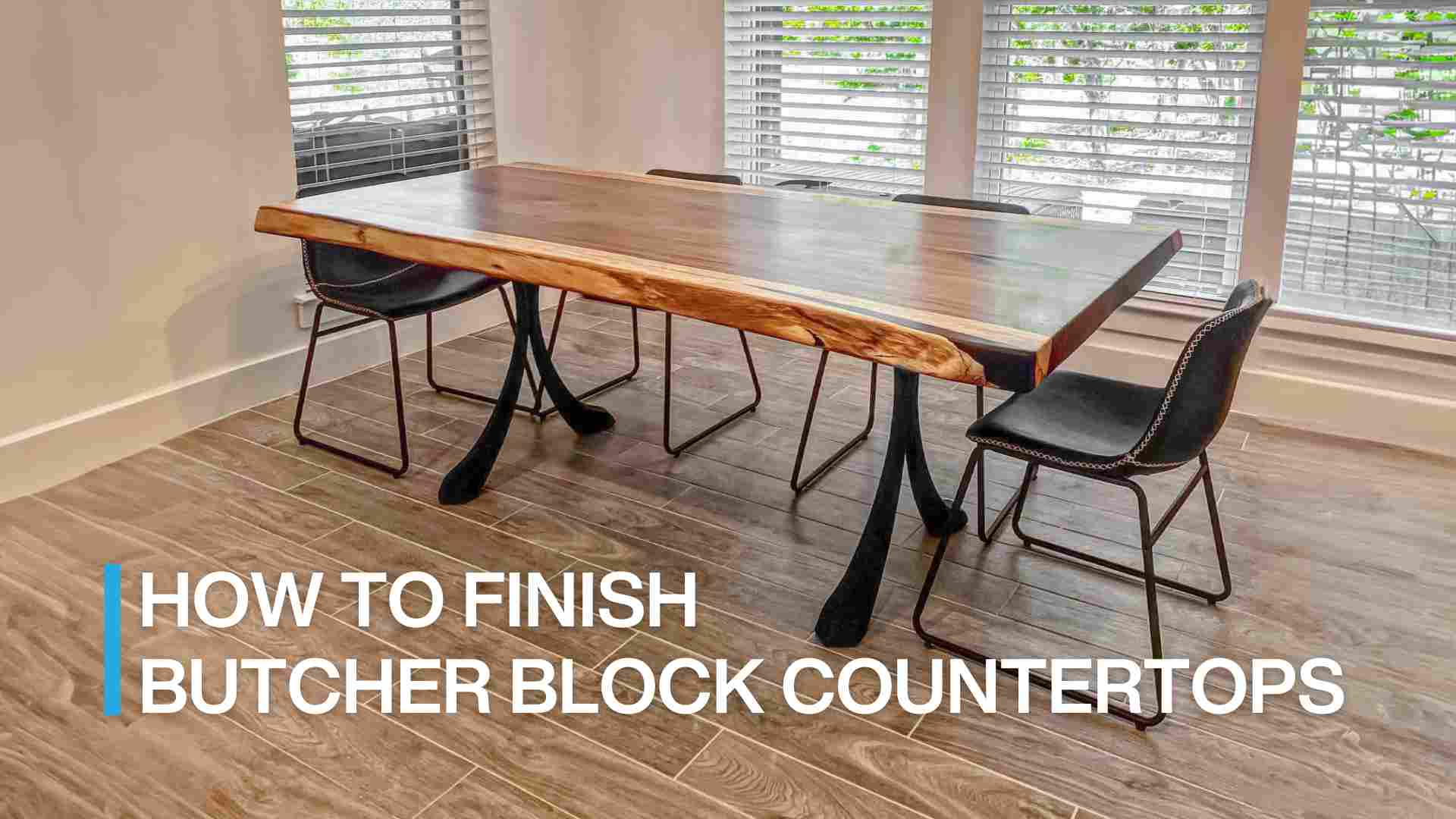Unleash Your Inner Artisan: Create a Multi-Wood Charcuterie Board
Original article: https://flowyline.com/blogs/for-diy-ers/how-to-make-a-charcuterie-board-out-of-wood
Charcuterie boards are an enticing way to present an array of foods, encompassing everything from cheeses and meats to fruits and nuts. Their functionality is matched only by their aesthetic appeal, serving as a stunning centerpiece for any table setting. A distinctive and visually appealing charcuterie board, particularly one that showcases your personal artistic flair, can add an extra touch of elegance to your cozy kitchen. In this blog, we'll walk you through the process of how to make a charcuterie board out of wood, guiding you on how to blend various hues to achieve a captivating look.

The Functions of a Charcuterie Board
Versatile
They can be used to serve a variety of foods, making them perfect for parties, gatherings, or even a simple family dinner.
Aesthetic
With the right arrangement, a charcuterie board can be a beautiful centerpiece that adds to the overall presentation of your food as well as the entire dining set.
Practical
They provide a large surface area for food, making it easy for guests and family members to see and reach for their favorite items.

Making a Charcuterie Board
Materials Needed
- Three types of wood (for example, walnut, cherry, and maple)
- A pencil to mark and saw your wood strips easier
- Wood glue
- Chisel
- Clamps
- A hand saw/ Electric saw
- Sandpaper (120 and 220 grit)
- Food-safe finish (like mineral oil or beeswax)
- Safety gear

Specific Steps
Step 1: Prepare the Wood
Start by cutting each type of wood into strips. The width of the strips will determine the width of your charcuterie board.

Step 2: Glue the Wood
Apply wood glue evenly to the sides of the strips and press them together, alternating the types of wood to create an attractive pattern. Use clamps to hold the pieces together while the glue dries. You can leave them for about one day to ensure the glue is completely dry before processing to the next step.

Step 3: Trim the Board
Utilize the saw to carve the board into your desired shape. Whether you opt for a classic rectangular design or venture into more unconventional forms, the choice is yours to create a truly unique look.




Comments
Post a Comment